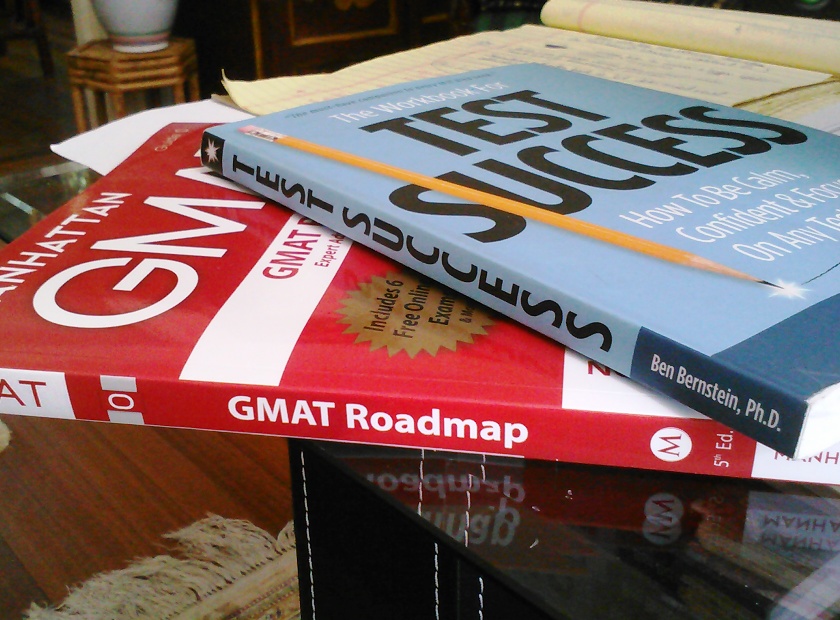Fewer Words = More Power
Now that most top business schools have released their essay questions for for the entering class of 2013, there’s a lot of talk about the reduced essay word count. It started with Harvard Business School’s announcement on May  22 to reduce the essay portion of the application to two 400-word responses. Now many other schools, such as MIT Sloan, Kellogg and Chicago Booth have reworked their applications to require fewer words.
22 to reduce the essay portion of the application to two 400-word responses. Now many other schools, such as MIT Sloan, Kellogg and Chicago Booth have reworked their applications to require fewer words.
Respect your reader
To that movement, I say, it’s great for the student because it mirrors reality. In my last article, I encouraged MBA applicants to consider their audience. That is, figure out what their needs are when reading you application package. Now, let’s take that best practice one step further: respect your reader’s time and attention.
Remember, leadership communication is about influencing your decision maker. At work it could be your boss. In a publication, it could be an unknown reader. In a new business pitch, it could be a potential investor. In admissions, it’s usually one reader with a stack of file folders and a 20-to-30 minute window.
These shorter essays will help you, no, force you, to write in a clearer way. I have no doubt that you can tell a story or two in a 400 word essay. Each word just has to carry more weight. And don’t forget to answer the question.
In your future career, you will be writing memos, or more realistically, emails, that clearly represent your ideas and support your recommendations.
You’ve got 30 minutes
Remember, your admissions reader has the same amount of time and limited attention span this year as she did last year. That’s right; your essays will get the same amount of mindshare as they always did. So a shorter essay actually helps you focus. In the application process as well as real life, MBA students need to get to the point quickly and succinctly. So the application now requires a higher level of communication skill.
Fewer words will give your writing more power. Lots of words, or extraneous, random stories, often get in the way. A clean structure, and illustrative support for your key messages, will allow you to make your point with elegance.
Fewer words will require you to put more effort into the upfront work of figuring out what you want to say as well as how you want to say it. Aspiring MBAs will need to work smarter to get their messaging across, and that will be helpful in the classroom, in the job search, and in their roles as leaders.




